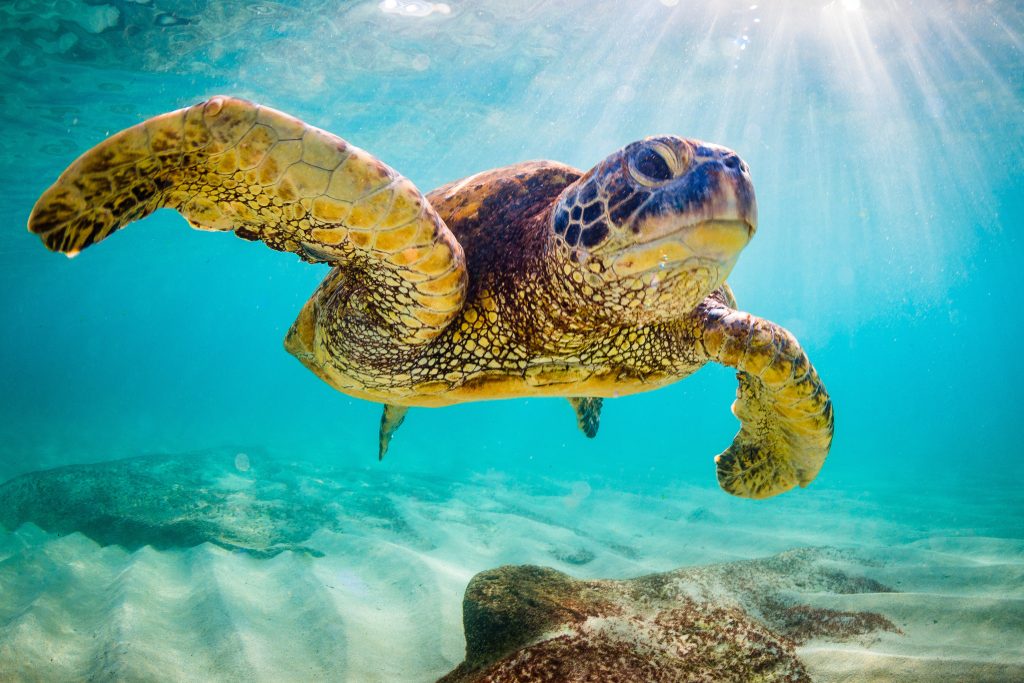Centenarian Tortoises & Timeless Turtles
Centenarian Tortoises & Timeless Turtles
Animal lovers are well aware that particular types of animals are documented to live 100, 200, 300 or more years. Ranking among the highest in longevity, “centenarian” tortoises and “timeless” turtles are known for both living long and aging well. Often they appear to be unaffected by aging despite being 100 years old or older. Recently, scientists have been focused on trying to understand why tortoises and turtles, among other species of reptiles and amphibians, often age so much more slowly than humans. Many believe that studying these animals may lead to insights for prolonging human longevity and decreasing age-related decline.
At 100 Year Lifestyle we know that it is possible to age well. Too many people blame old age for things that are the result of their lifestyle. The fact is, you can get older without getting old. While you may not live to be 200, you will most likely live to be much older than you think you will.
For mammals, like us humans, aging is inevitable. No matter how many vitamins we take, skin sags, bones soften and joints stiffen over time. However, turtles and tortoises age more gracefully. Despite their wrinkled skin and toothless gums, species like Galápagos giant tortoises seem unscathed by the ravages of aging. Some show few signs of slowing down as they plod into their 100s. Do scientists really believe there is a clear connection between turtles and human aging? Keep reading.
- SHARE THIS POST



